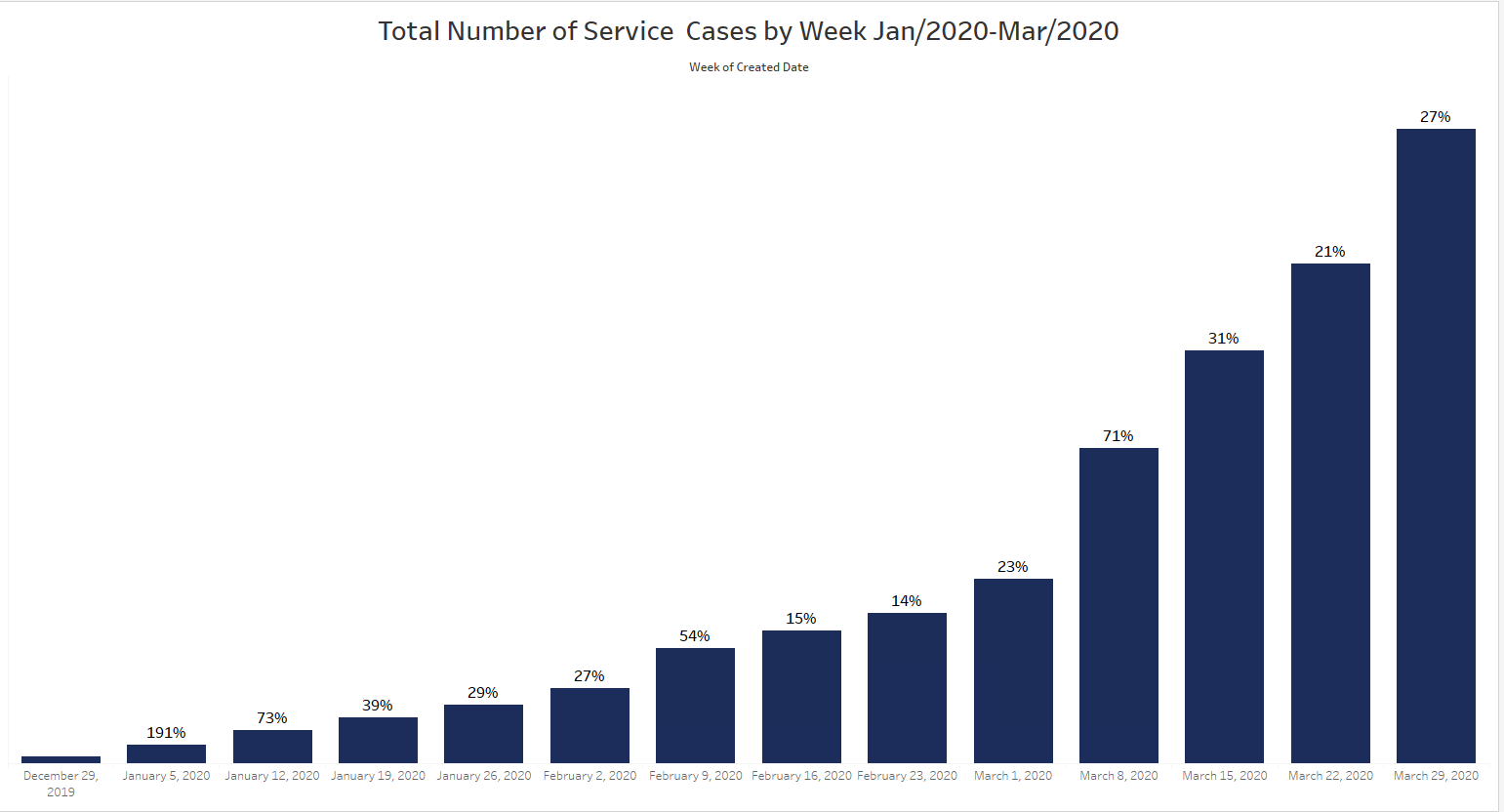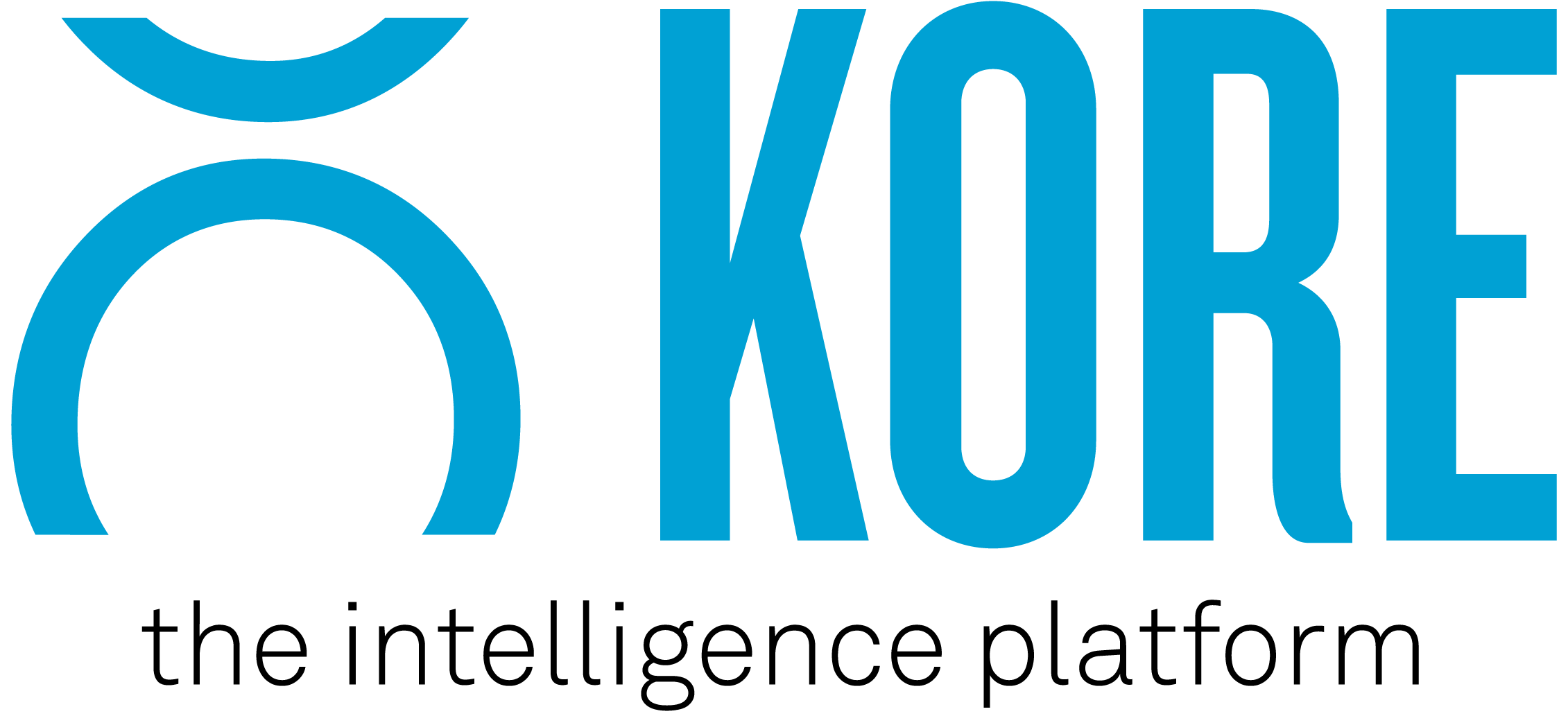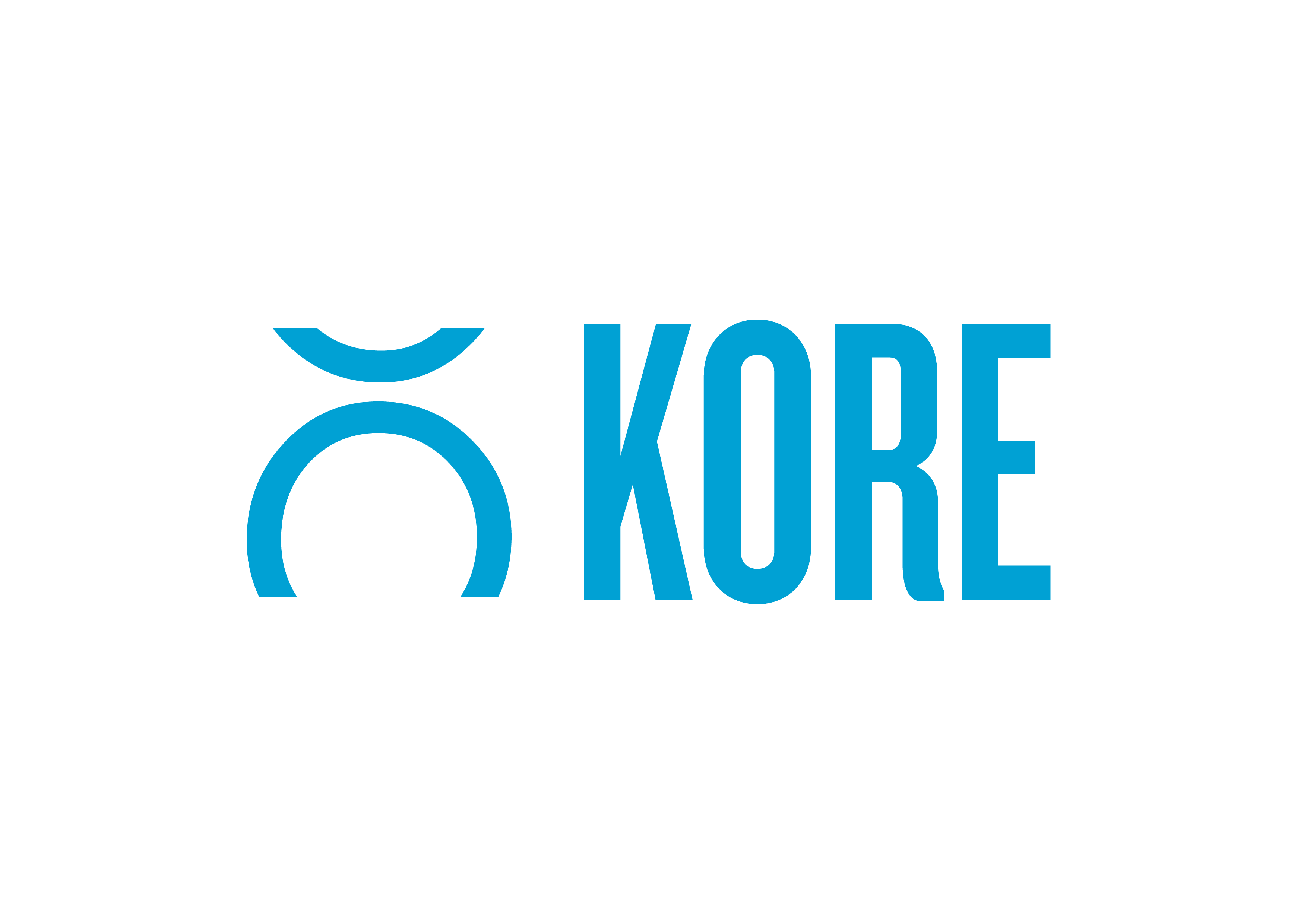A key area we are keeping track of, both through our product usage and through our conversations with clients, is how the market is responding to the uncertainty the pandemic has created. Teams focused on client service and retention have been inundated with inbound requests from basic status updates to full refunds for postponed or canceled events.
One of the creative practices we’ve seen in our KORE ticketing product over the last month is the use of cases across service and retention teams to track current dialogue and potential future actions relating to COVID-19. This has created a significant spike in cases containing names like ‘COVID’ or ‘Coronavirus.’ There is no need to overanalyze this; the reasoning for an increase of cases with names like this is clear.
In the chart below highlighting the number of coronavirus-related service cases by week from January to March 2020, you’ll see that some teams in the market were tagging COVID-related cases early in the year, even before the postponement announcements were made. While coronavirus was already making some headlines at this point, there may be some associating of older cases to a newer type that could account for this.

While the trend is self-evident, digging into the business practice we are hearing around managing this spike is a worthwhile analysis.
Case Management for COVID-19
The cases above have been created by a relatively small subsection of our clients. What this would imply is many of our other clients are tracking any COVID related requests or discussions through their standard processes – presumably categorized activities with general notes and setting a potential follow-up date. Business as usual. That may be completely fine, assuming the standard process is flexible but still rigorous enough to work effectively.
What we are seeing though is some forward-thinking clients responding to the spike in inbound requests from fans regarding refunds, credits, or general update inquiries, by aligning processes and systems for a focused COVID response.
They are leveraging cases in their CRM with customized types, resolutions, and naming conventions which is allowing the front-line reps (service, retention, inside sales, etc.) and management to better understand the fast-changing sentiment across their fan base. What is important here, is this enables all client-facing staff members to link individual interactions and activities to cases, allowing for useful fan segmentation. In essence, ‘rubber banding’ a group of activities together for future action. As leagues and teams have more details for their ticket holders and fans, and the service and retention teams have a more informed and direct response, staff can easily pull cases based on specific criteria and assign a proper activity or task. Increased efficiency, better communication follow-through generally, and a higher quality response tailored to updated information are all benefits of taking these steps.
This takes a bit of planning and process activation. You need to sit and design the key information that you need to track against and determine what’s required at different times through the case-resolution process. Then you need to build out in your system, update or create relevant reports, and finally educate and push your teams to properly use the new case types and campaigns – a tricky task to get right in the ever-changing current environment.
Teams are also looking to go further and drive towards a more robust organization framework. The fundamental issue inherent in organizing by using cases alone is that it is reactive in nature and service and retention teams are looking to become proactive and strategic in their approach. This includes the ability to segment their fan base according to criteria specific to that team and market and then to establish expected activities and targets for these segments. This is a fundamental change in approach in how to better service your clients.
In order to accomplish this, there is a need to tie cases to a higher-level grouping that is created around these segments, activities, and targets. The use of CRM campaigns is one way to accomplish this and is becoming a more critical need in best-practice leading organizations. This is an area we see driving immense value beyond the COVID pandemic and into better services and retention practice in general. It’s becoming clear KORE needs to support this with product enhancements.
KORE is trying to help clients better activate on this.
First, we are working on building the ability to associate CRM campaigns to service-related cases. This functionality will mimic what currently exists today for Ticket Sales Opportunities.
Further, we plan to add service cases to the To-Do List as its own tab to be able to easily view service-related activities.
While described in only two short lines, this represents a big enhancement. What this means is many of the features that you find in Opportunity Management will be available for service cases as well. You will be able to manage your request to resolution process like you would manage a funnel of Opportunities on the sales side. As service and retention teams have been asked to do more and more over the last few years, including adding focused staff that only think about this function and leveraging frameworks like customer journeys to deeply evaluate and refine the behavior and response plans with fans, this is a request that many thought-leading organizations have asked for. It’s getting the tools as focused as the staff to move this part of the business forward.
Please let us know if you want to know more about our plans here or share specifics on the process you currently support or are looking to drive to in the future. We would love to hear your perspective on this.
Have Something to Share?
We intend to build on what we’re hearing in the market to best tackle the changing needs for all of our clients. The KORE network includes thousands of industry professionals from more than 700 properties across the world who are dealing with the circumstances in unique ways.
KORE is the global leader in engagement marketing solutions, serving more than 200 professional teams and 850+ sports and entertainment properties worldwide, providing practical tools and services to harness customer data, facilitate sponsorship sales and activation, and create actionable insights.



